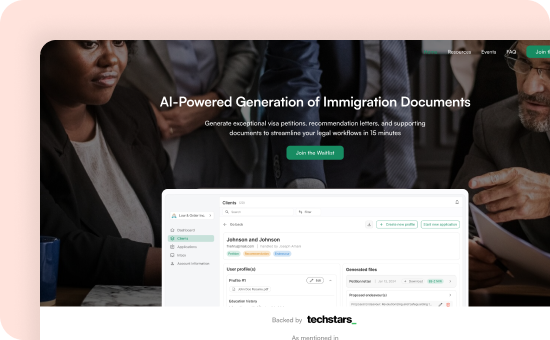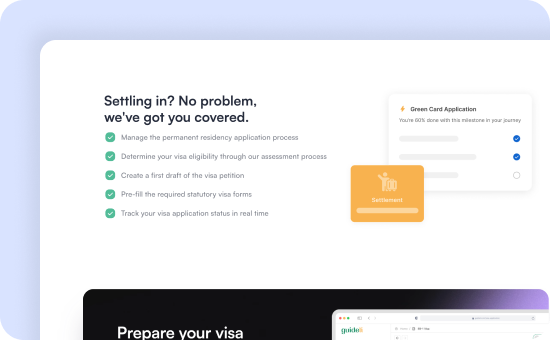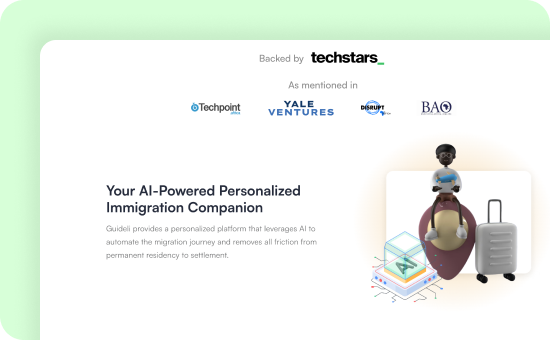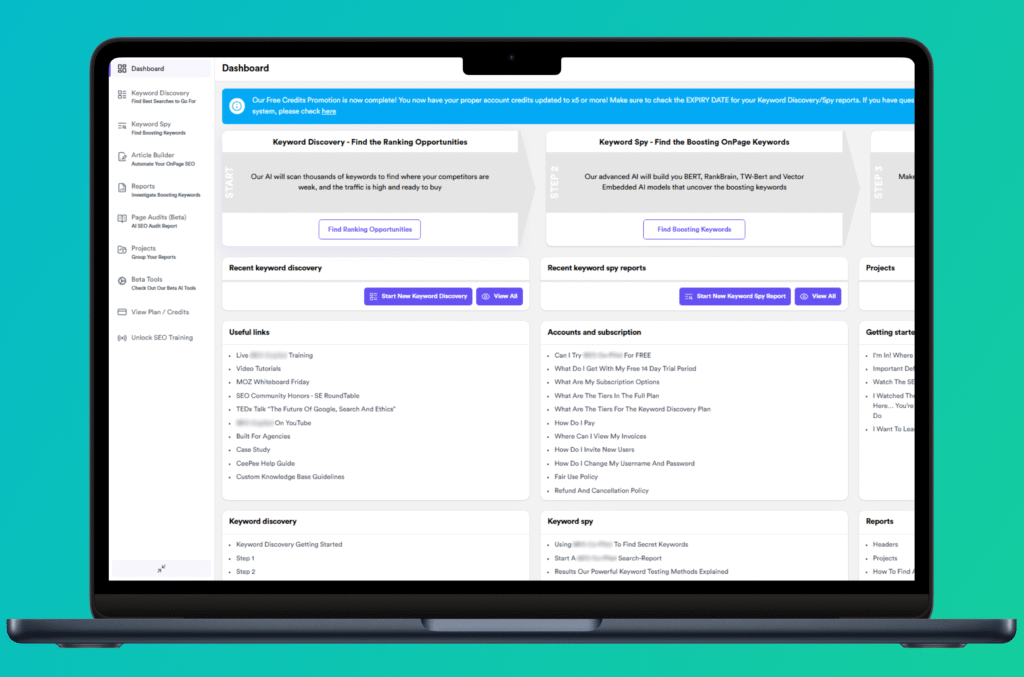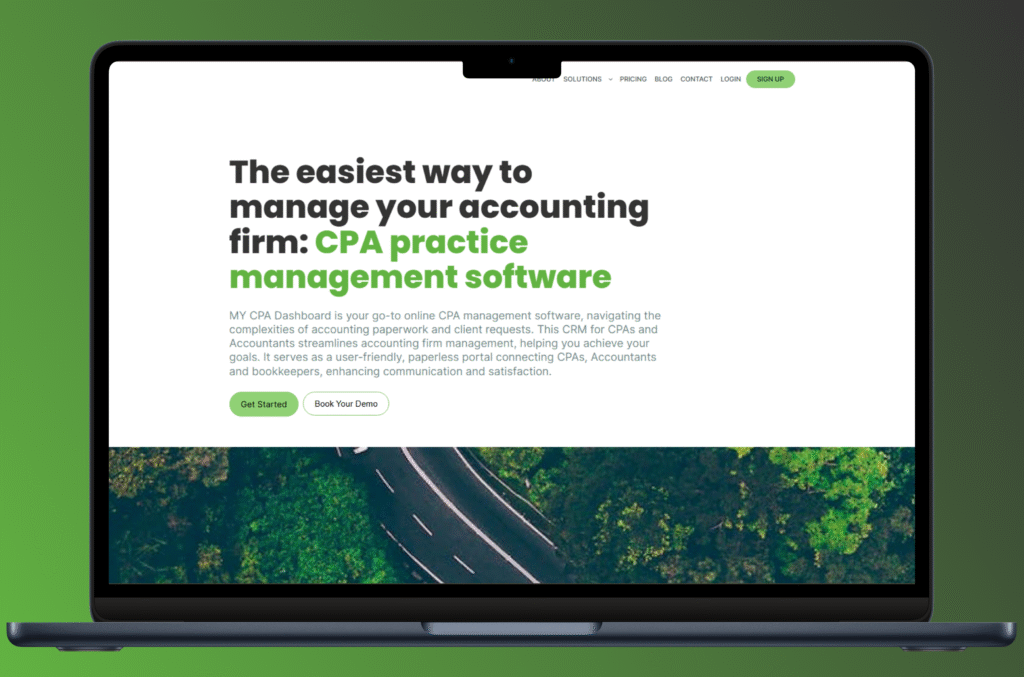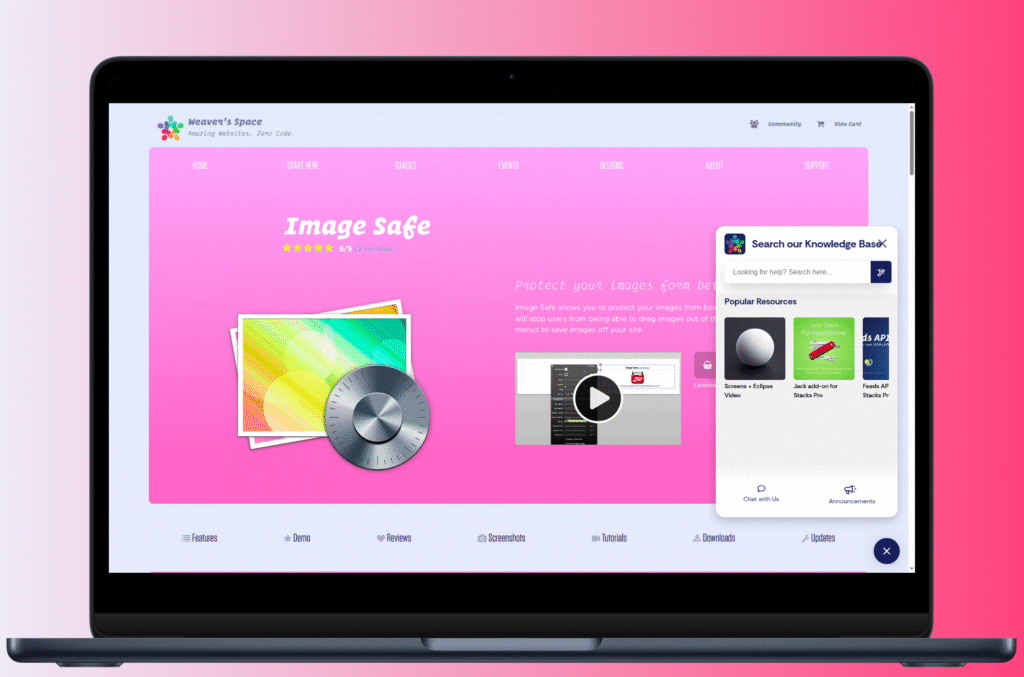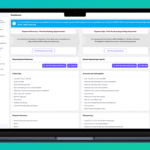Esketchers developed an AI-powered platform to simplify U.S. immigration applications, especially for high-skill visas. The platform assists applicants through document preparation and submission, generates essential forms, and recommends documents that highlight qualifications, like awards or publications. It enables applicants to self-manage their process efficiently with options for quick processing and comprehensive guidance across various fields.
AI-Powered US Immigration platform
AI-Powered U.S. Immigration Platform
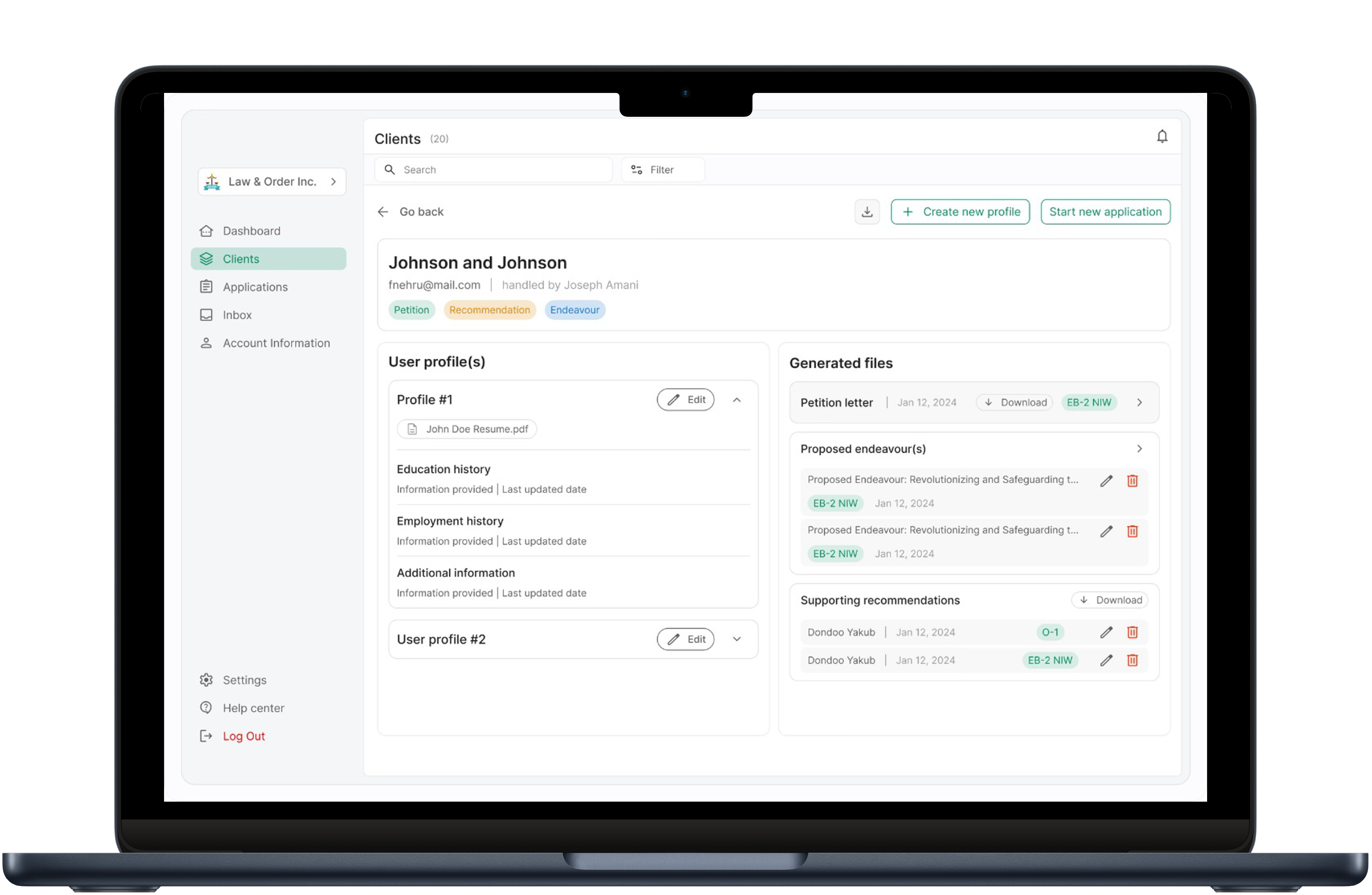
Problem
The platform addresses the complexities of U.S. immigration applications, particularly for high-skill visas like the EB-1A. It solves the challenge of navigating detailed application requirements by guiding users through document preparation, generating essential forms, and recommending supporting evidence like awards and publications. This reduces dependency on legal assistance, speeds up the process, and helps applicants confidently manage their applications with clear, AI-driven guidance.
Solution
It offers an AI-driven solution that guides applicants through each step of U.S. immigration applications, especially for high-skilled visas. By automating form generation and suggesting essential supporting documents, it reduces reliance on legal help and provides personalized, self-guided assistance. This makes the complex application process faster, more accessible, and easier to manage independently, helping applicants meet specific criteria effectively.
Use Cases
Team
Services we offered
Market Specifics
Deliverables
A web-based SaaS platform for individuals and lawyers
Client Goals
Our client wanted to create an AI-powered platform that simplifies the U.S. immigration process.
Easy Application Interface
The platform guides applicants through the complicated immigration process with an intuitive, AI-driven tool and guides users step by step.
Personalized Content Generation
Generate personalized content for your visa application using information from different sources like CVs, etc.
Automation
Spend less time and fatigue-less process for visa applications. AI takes care of form filling and document suggestions, cutting down on manual work.
Scalable and Flexible
The platform is designed to grow with increasing user demand, and can easily adapt to new visa categories or updates in immigration laws.
Empowering Users
The platform helps users manage their applications independently, improving client satisfaction and broadening the client’s reach by serving a wider audience.
Community
The client wanted to build a full-featured Community within their AI-powered U.S. immigration platform, where users could connect, ask questions, and support each other both before and after immigration, on topics like visas, housing, residency, jobs, and more.
We also integrated a RAG (Retrieval-Augmented Generation) system to provide an AI-generated first response to questions, ensuring accurate information before community input.
Target audience
Law Firms (Companies)
Attorneys (Individuals)
Individuals interested in U.S. immigration
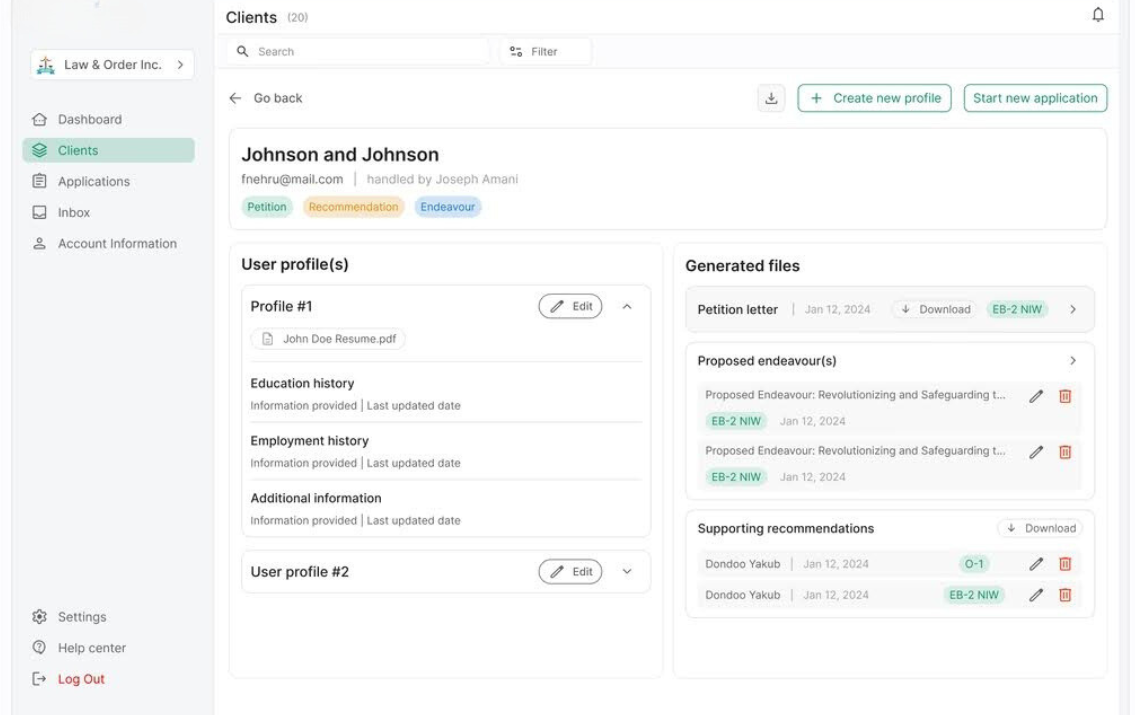
Core Features
AI-Powered Document Generation
Uses AI to prepare visa applications and supporting documents efficiently.
Generate Proposed Endeavor(s)
Highlight activities, projects, or plans that the applicant intends to pursue while in the U.S.
Generate Supporting Recommendations
From individuals who are familiar with the applicant’s work, achievements, and character.
Generate Visa Petitions
Prepare comprehensive documentation adhering to USCIS guidelines for visa application.
Community Support
Access to forums and groups for advice from others with similar experiences. AI Agent and RAG which answer questions asked by the community members.
Pre-Departure Guidance
Offers virtual orientation and assistance to help users prepare for travel.
Settlement and Residency Support
Assists with post-arrival processes, including residency applications.
Eligibility Assessment
Provides personalized advice on visa eligibility based on individual profiles.
Case Management for Attorneys
Facilitates communication and document sharing with immigration lawyers.
Success Prediction Analytics
Analyzes potential risks in applications to enhance approval chances.
Additional features
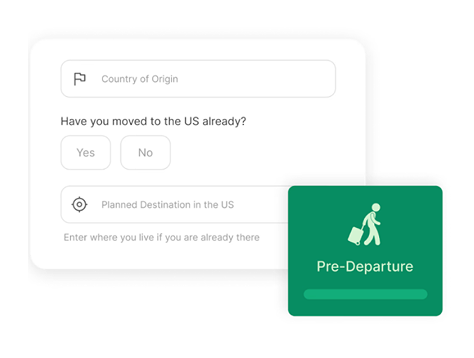
Visa Application Checklist
Ensures all necessary steps are completed before submission.
Visa Drafting
Keep records of recent activities of the user who logged in (personal account activities).
Document Storage
Secure cloud storage for uploading and managing documents.
Immigration News Updates
Keeps users informed about changes in immigration policies.
Personalized Notifications
Sends alerts for upcoming deadlines and necessary actions.
Achievements
AI-Powered Document Generation
Automates the creation of essential immigration documents, such as visa petitions, recommendation letters, and supporting documents, offering a hassle-free experience and saving time for individuals, attorneys, and law firms.
Cost-Effective Solution
The platform is cost-effective for individuals, lawyers, and law firms, reducing the costs associated with the immigration process by automating many tasks that would otherwise require manual effort.
Easy Application Interface
The platform guides applicants through the complicated immigration process with an intuitive, AI-driven tool and guides users step by step.
Empowering Users
The platform helps users manage their applications independently.
Community
The community allows users to ask questions about visa processes and get help from others on the platform. When someone posts a question, AI provides the first answer to offer quick guidance. After that, other users can also respond.
Tech Stack
Front-End
Back-End
GenAI
Deployment Strategy
Quality Assurance Strategies
To ensure the delivery of a high-quality platform, we implemented a robust set of quality assurance (QA) strategies throughout the development lifecycle. The following key strategies played a vital role in maintaining performance, security, and usability:
Early Involvement in Development
Our QA team was integrated early in the development process, working alongside developers and product managers from the planning phase. This proactive approach helped us identify potential issues early and ensure a clear understanding of requirements, preventing defects from the outset.
Cross-Platform and Cross-Browser Testing
Ensuring consistency across various devices and browsers was crucial. We used cross-browser testing tools to ensure the platform provided a seamless experience on different devices (mobile, tablet, desktop) and major browsers (Chrome, Safari, Firefox).
User Acceptance Testing (UAT)
Prior to final release, we conducted User Acceptance Testing (UAT) with real users to ensure the platform met their needs and expectations.
Continuous Integration and Continuous Testing
We set up CI/CD pipelines to automatically run tests with each code commit, ensuring new changes were thoroughly tested before deployment.
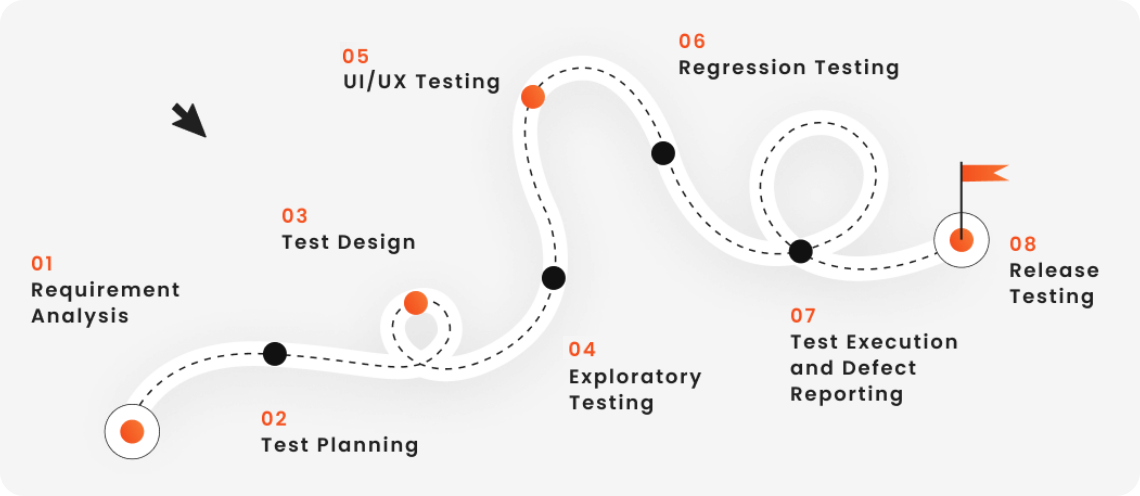
Testing Methodology
Requirements Analysis and Planning
- Collaborate with stakeholders to define clear acceptance criteria for all core features.
- Break down features into testable units for systematic validation.
- Validate individual components such as AI-driven document generation, visa petition generation, and community AI agent.
- Ensure compliance with USCIS guidelines for form and document generation.
Integration Testing
- Test seamless integration between AI modules, document storage, community forums, and case management systems.
- Validate workflows involving multiple features, such as eligibility assessment with document recommendation.
End-to-End Testing
- Simulate real-world user scenarios to validate the complete visa application workflow.
- Include scenarios for individual users and attorneys using case management tools.
Cross-Platform and Browser Testing
- Validate the platform’s functionality and responsiveness across devices (mobile, tablet, desktop) and browsers (Chrome, Safari, Firefox).
Load Testing
- Ensure the platform handles simultaneous visa petition generation and community interactions.
Security Testing
- Perform vulnerability assessments to safeguard sensitive user data and documents.
- Validate secure cloud storage and compliance with data protection laws.
Regression Testing
- Retest existing functionality after major updates or new feature additions to ensure no unintended impacts.
Bug Tracking and Reporting
- Use a structured bug-reporting process for efficient issue resolution.
- Maintain open communication between QA and development teams to address defects promptly.
- Approve user flow of EB-2 eligibility criteria from attorneys to ensure a seamless process.
Why we used this particular methodology?
Prioritization
Key features like AI-powered document generation and visa petition preparation were prioritized to meet immediate user needs. Focus was placed on delivering critical functionalities first, ensuring a smooth and timely launch.
Defect Management
Defects were tracked using Notion, categorized by severity, and resolved efficiently. Regular regression testing ensured stability, and clear communication between QA and developers expedited issue resolution.
Test Coverage
Comprehensive testing included integration tests for workflows and end-to-end testing for real-world scenarios. Cross-platform and load testing ensured performance and reliability.
Security Standards
Strict security measures safeguarded sensitive user data, including vulnerability assessments and secure cloud storage. Compliance with data protection laws and continuous monitoring ensured robust data security.
Project Management
Agile Methodology
Used agile methodology to allow flexible planning and adapt to changes quickly.
User Feedback
Collected user input regularly and made improvements based on it.
Team Collaboration
Developers, designers, and testers worked together closely.
Tools Used
Managed tasks with Notion and communicated through Slack and Zoom.
Scrum Process
Held daily check-ins, planned sprints, and reviewed progress regularly.
Scrum Planning
Carefully scheduled tasks, assigned resources, and set clear milestones to meet deadlines.
